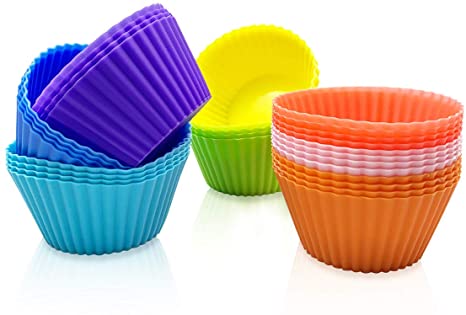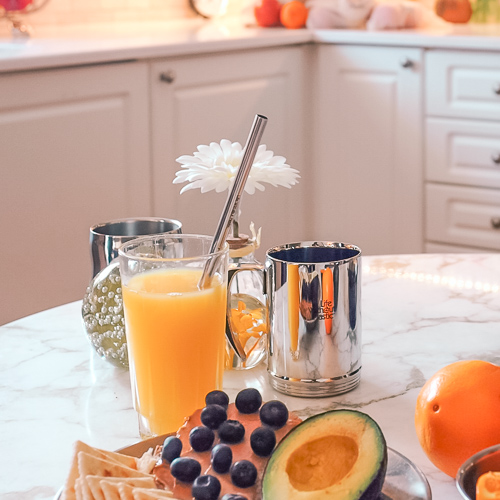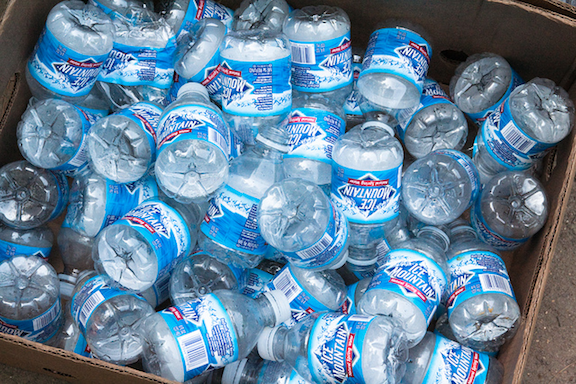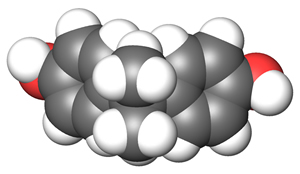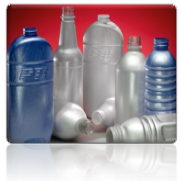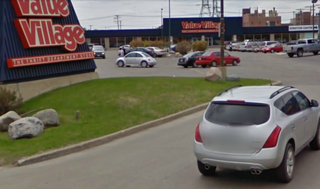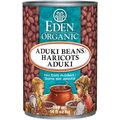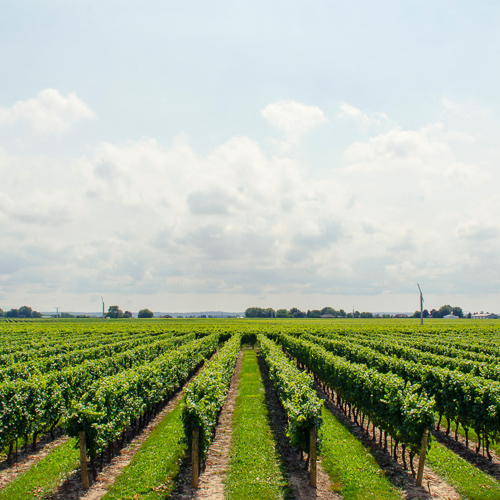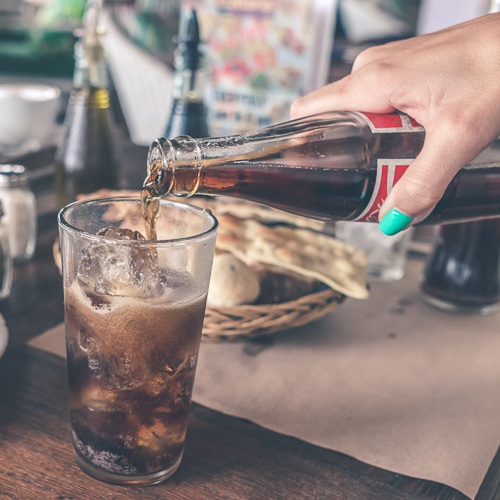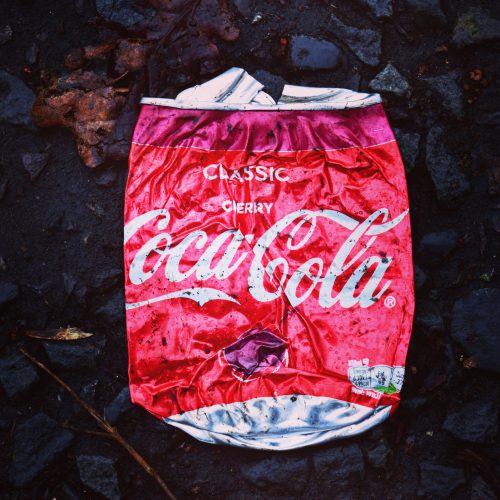When doing a quick search on Google, you might find some websites and blogs recommending silicone as a safe alternative to plastics. The silicone food bag made its entrance into the market a few years ago under the pretence that it is ocean-friendly. How so? Semantically, it would seem to make sense because the word…
The Problem with BPA is a Complex One
This guest post by writer and photographer Daniela Ginta provides a solid overview of the pernicious issue of bisphenol A (BPA), including links to some of the latest opinions and research.
There is a lot of it out there in our everyday lives, and it is one to avoid as much as possible.
Canadian Government Declares Bisphenol A Toxic!
18 October 2008 — Canadian Government Declares Bisphenol A Toxic! – Canada has become the first country in the world to designate bisphenol A (BPA) toxic to human health and the environment. By adding BPA to the Toxic Substances List (Schedule 1) of the Canadian Environmental Protection Act, the Government can now take concrete action against BPA, and has announced that it ”will immediately proceed with drafting regulations to prohibit the importation, sale and advertising of polycarbonate baby bottles that contain bisphenol A (BPA).
Some Titanium Dioxide with your Milk?
For those of you who didn’t know that many “unknown” chemicals are added to plastic used in food packaging, you had better read this news from Plastic Technologies, Inc. (PTI):http://www.bevnet.com/news/2010/11-2-2010-PET-Dairy. PTI is announcing the use of a new technology (oPTITM) to manufacture plastic bottles for storing light sensitive dairy products such as milk and drinkable yogurts. This technology allows the company to use fewer additives in the manufacturing process “which can limit package recycling”. The company’s Vice-President states in the press release that “[d]airy applications (…) are sensitive to UV rays which decrease shelf life. To solve the problem, additives such as titanium dioxide [TiO2] are frequently added to high density polyethylene or traditional PET containers to achieve shelf-life objectives. In addition to impacting the recycling stream, these additives are expensive (…).” The company also indicates that it can use many different colors to its bottles using this technology, but that “these cannot be recycled as part of the clear PET stream.”
Polyester and Nylon are NOT Compostable
I must admit, I do not follow fashion. I am not sure what is “in” right now. I just buy the styles, colours and fabrics I like to wear. I am kind of an unintended anti-fashionista. I almost always shop at thift stores because not only do I save a lot, but I also find the most interesting pieces of clothing. My favourite thrift store is the Value Village located on Pembina Street in Winnipeg, Manitoba, Canada, which I visit every time we travel to Winnipeg to spend time with Jay’s parents (see photo taken from Google Street View). One thing I always check when picking my clothes is the fabric label. I always want to make sure the item is made of a natural fabric. I am always astonished at the amount of synthetic fabric used in clothing. A large majority of clothes are made of synthetic fibres which do not biodegrade, are not compostable and take a very long time to decompose according to an article published in Grist:
Canned Food You Can Trust – A list of BPA-Free Lining Canned Products
We continually hear about how bad bisphenol A (BPA) is for everybody and particularly for infants and pregnant women. The evidence is there. For those still skeptical, the precautionary principle dictates that you should be cautious. It is mind boggling that the food industry is so slow to remove BPA from the lining of food cans. Fortunately, some food companies understand the problem and have switched to non-BPA linings for their cans. They do not necessarily advertise this fact on their cans, so you need to memorize this list! Here they are:
1) Eden Food: They have been using BPA-free linings in their cans for more than 10 years! How visionary! Although the cans cost 14% more, the company feels it is worth it. I think so too. While Jay and I generally avoid buying canned food because of BPA, we are happy to indulge in a good vegetarian chili with non-BPA canned beans once in a while. Unfortunately, Eden’s tomatoes are still offered in BPA-lined cans because of the acidic nature of tomatoes… So try and find a brand of tomatoes packaged in a glass jar. This is especially important because acidic food increases the deterioration of the BPA lining and thus increases its leaching.
Become an Environmental Leader: Switch Wine Bottles from Glass to Plastic?
13 May 2010 — The website EnvironmentalLeader.com recently praised Marks & Spencer for switching all of its mini wine bottles from glass to “environmentally-friendly” polyethylene terephthalate (PET) plastic in the UK market. Since when has PET plastic become more environmentally-friendly than glass? From an energy consumption point of view, plastic production uses marginally less energy than glass (2,013 BTUs for PET versus 2,155 BTUs for glass) and perhaps this is where plastic may appear more environmentally-friendly. But if you look at the total life cycle of one single bottle, plastic and glass, you realize that glass is significantly superior:
- Glass containers can be cleaned and reused several times as part of consignment programs. We use milk from the company Harmony Organic (TM) which comes in a glass bottles that the company collects back, cleans and refills. PET bottles should not be reused as they deteriorate very quickly and can present increased health risks.
- Glass is highly recyclable, in fact it can be recycled eternally, because its structure does not deteriorate when reprocessed. Plastic bottles can only be recycled once. They can then simply be downcycled into an item that would not be used for food or drink such as fabric fibres for bags or clothes.
Sorry, More BPA Bad News – This Time Soft Drink Bottles
6 March 2009 — I had hoped my second official post to this blog would be happier than my first, but alas, there’s breaking bisphenol A news that needs to be shared.
A Health Canada study entitled Survey of Bisphenol A in Canned Drink Products was recently posted on the Health Canada website and published in the Journal of Agricultural and Food Chemistry. Government scientists tested 72 kinds of canned pop – covering 84% of the market share of soft drink products sold in Canada – and found that 69 of them contained BPA at levels below the accepted daily intake pre-established by Health Canada. But peer-reviewed research increasingly indicates that exposure to extremely low amounts of BPA may lead to significant adverse health effects. For example, look into the ground-breaking research of Frederick vom Saal, a global expert on endocrine disruptors, including BPA.
Coca Cola Wants Your Attention with a Hybrid Plastic-Sugarcane Bottle
31 May 2009 — Coca Cola wants to show it cares about the environment by introducing a new “eco-friendly” bottle for its Dasani water line. The new bottle which will be introduced later this year would be made from a blend of petroleum-based materials and up to 30% of plant-based materials. Initially these materials will include sugarcane and molasses, a by-product of sugar production. According to Coca Cola, the blend could make the recycling process easier and cheaper, and reduce the time that discarded bottles sit in landfills. Are you impressed? You shouldn’t be…
You’ve probably heard about the problem of plastic contamination in recycling plants. The problem is that some of the new plant-based plastics get recycled as if they were polyethylene terephthalate (PET). But when they mix with the other petroleum-based plastics during the recycling process they end up creating a less stable recycled plastic that is of lower quality, hence lower value in the market.

